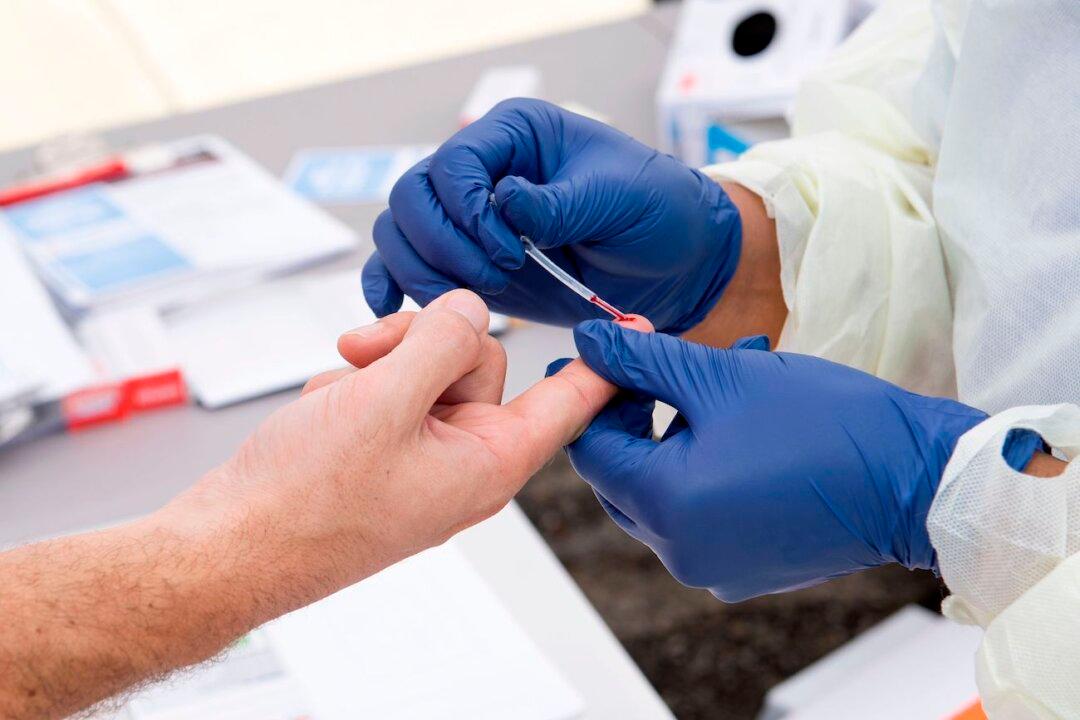The National Institute of Health (NIH) is hoping to develop an instant-type of testing for the CCP (Chinese Communist Party) virus—also called the novel coronavirus—for university and school students, and also for professional athletes.
Rapid testing will allow Americans to return to sporting events this fall, according to the information shared at a Senate Appropriations Committee on July 2.





